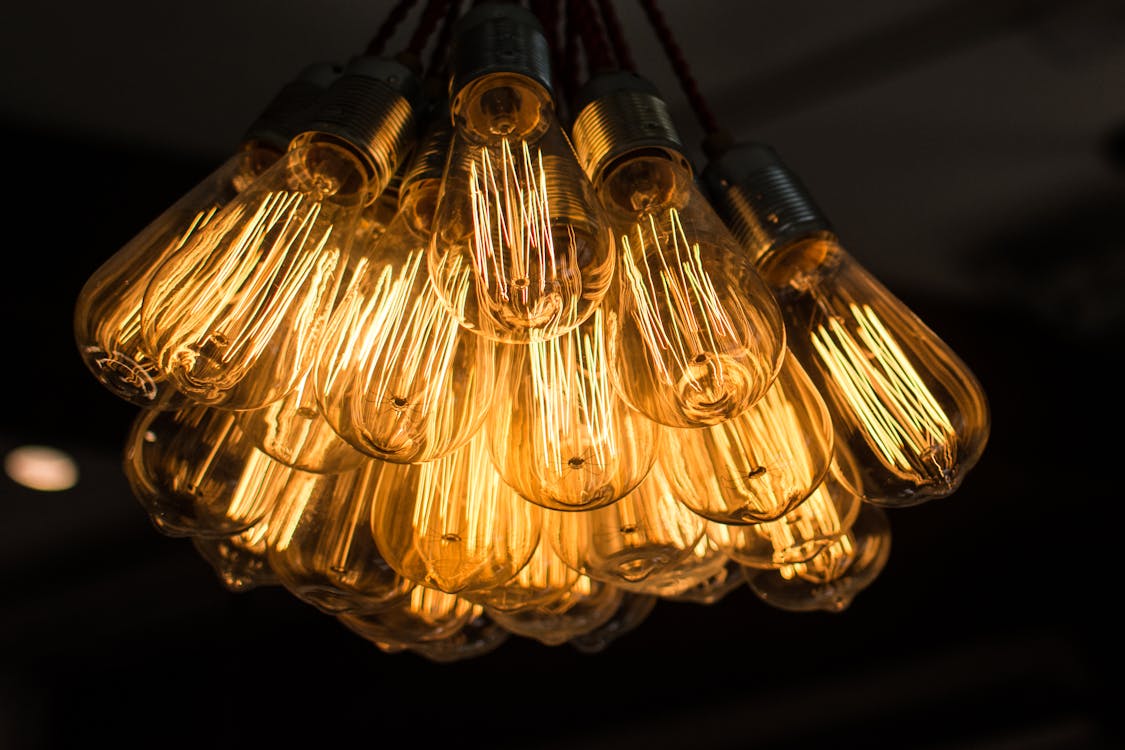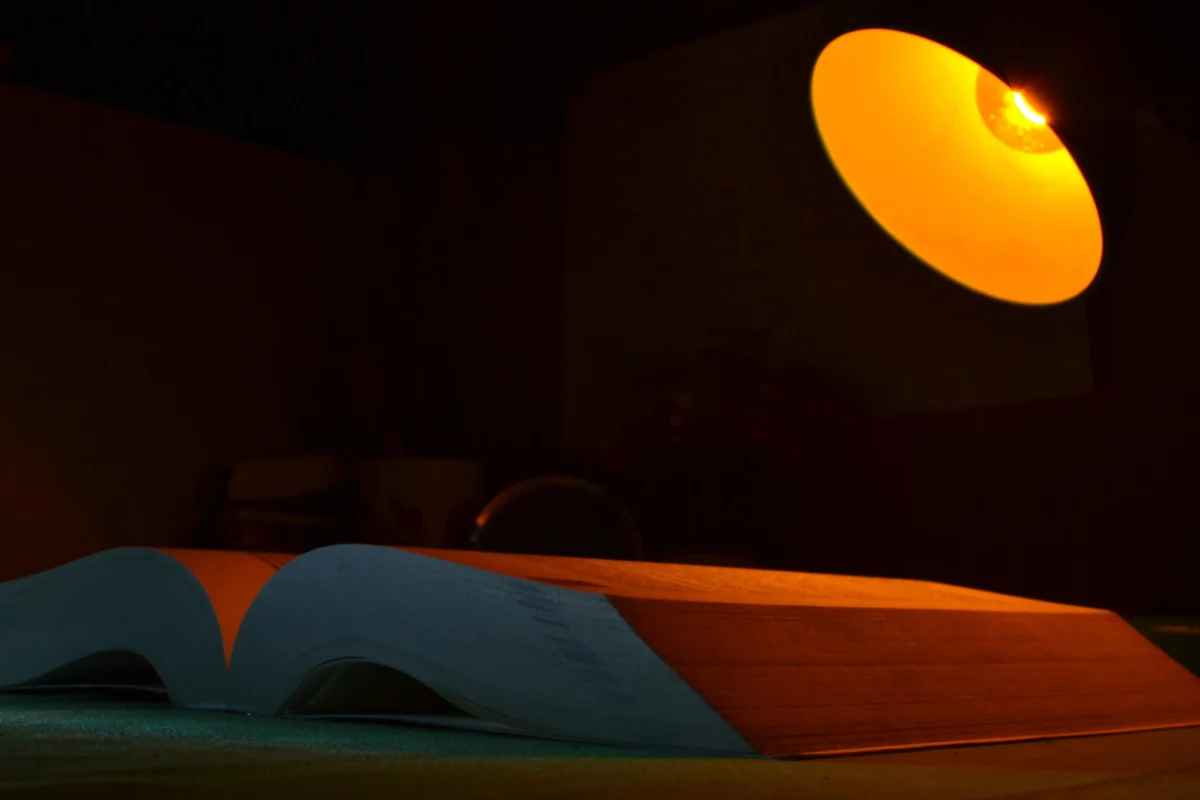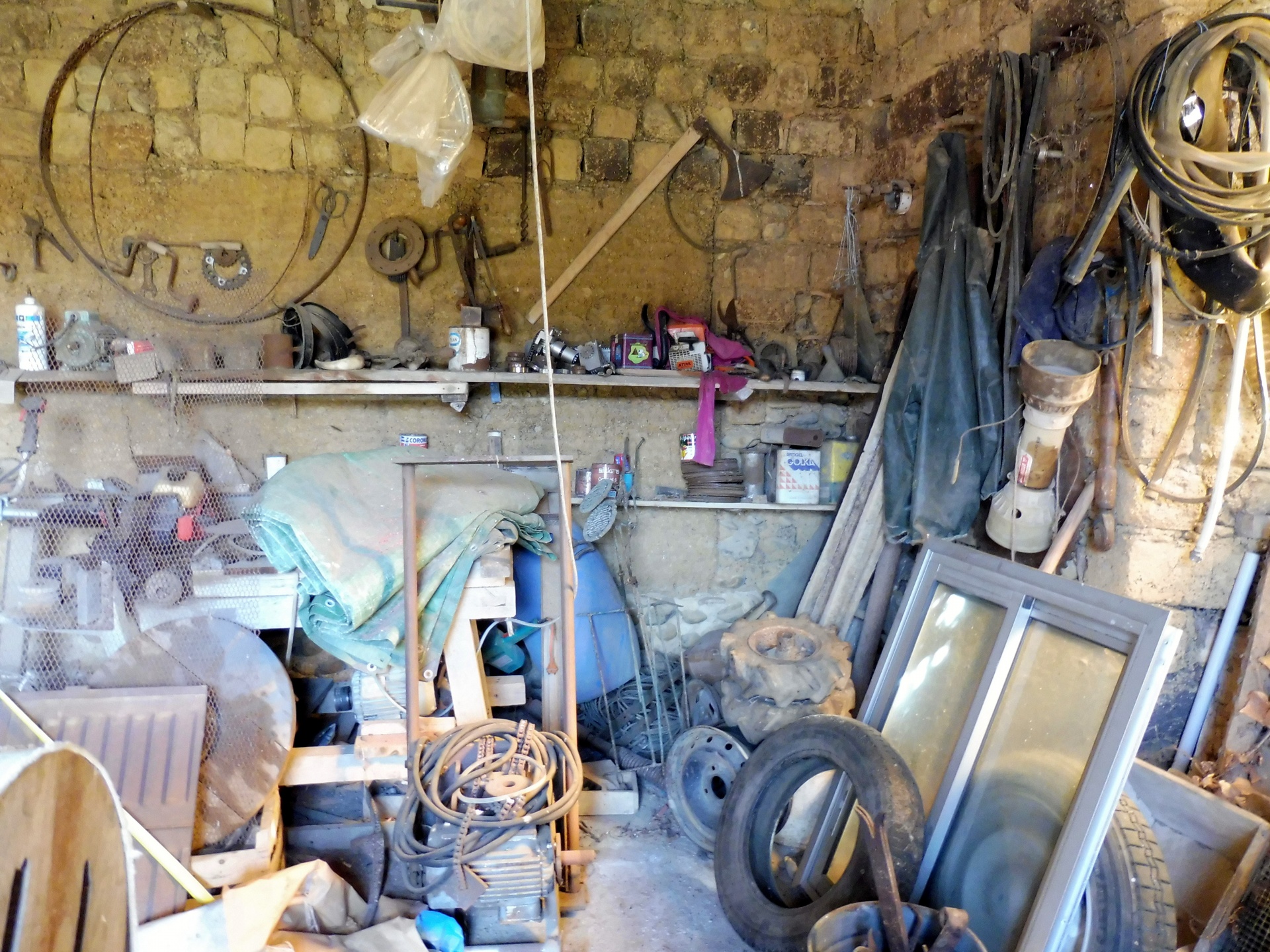Ever wondered how long your smart bulbs will keep your home glowing? With technology advancing rapidly, smart bulbs have become a popular choice for their convenience and energy efficiency. But just how long can you expect them to last before needing a replacement?
Understanding the lifespan of smart bulbs can help you make informed decisions and get the most out of your investment. Let’s dive into what factors influence their longevity and how you can ensure your smart bulbs shine bright for years to come.
Factors That Affect Smart Bulb Longevity
Several factors influence how long smart bulbs last.

Heat Dissipation and Bulb Design
Bulbs with poor heat dissipation wear out faster. Ensure appropriate design and materials to handle heat efficiently. Consider bulbs with built-in cooling systems for optimal heat management. Overheating shortens the bulb’s lifespan.
Quality of Electrical Supply
Fluctuations in electrical supply impact bulb longevity. Consistent and clean power leads to longer-lasting bulbs. Use surge protectors or voltage regulators if your area experiences frequent variations. Stable voltage prolongs bulb life.
Frequency of Use
Frequent use reduces smart bulb lifespan. Each power cycle wears out internal components. Minimize unnecessary switching on and off. Motion sensors or smart schedules can help reduce usage. Moderate use extends the life.
Comparing Lifespan: Smart Bulbs vs. Traditional Bulbs
Modern smart bulbs outperform traditional bulbs in many aspects including lifespan.
Average Lifespan of Smart Bulbs
You can expect a smart bulb to last around 15,000-25,000 hours. Advanced LED technology makes this possible, allowing for extensive usage in any home setting. For example, smart bulbs can continue to function effectively for several years even with daily use.
Average Lifespan of Traditional Bulbs
Traditional incandescent bulbs typically last between 1,000-2,000 hours. The shorter lifespan often requires frequent replacements. For instance, replacing incandescent bulbs in high-usage areas becomes a regular task for many homeowners.
Maintenance Tips to Extend Smart Bulb Lifespan
Extend your smart bulb’s life with these simple tips. Efficient practices help save money and reduce replacements.
Routine Firmware Updates
Update firmware regularly. Check for updates every month. Use the manufacturer’s app to stay informed. Improved software can enhance performance and longevity.
Optimal Usage Practices
Avoid frequent on-off cycles. Frequent switching reduces lifespan. Use dimmer switches where possible. Dimming can prolong bulb life. Keep bulbs cool. Ensure proper ventilation in fixtures. Overheating shortens bulb lifespan.
Innovations in Smart Bulb Technology
Smart bulbs feature cutting-edge advancements improving their longevity, efficiency, and user experience.
Impact on Durability
Durability increases with materials like polycarbonate for better heat resistance. Enhanced LED chips reduce wear and improve lifespan. Testing processes now simulate years of usage in months.
Energy Efficiency
« Discover the Magic of Milk Paint: The Eco-Friendly Solution for a Timeless Vintage Look
Top 10 Built-In Desk Ideas to Save Space and Boost Your Home Office Style »
Energy-efficient designs cut down on power usage. Newer smart bulbs use only 9-10 watts while emitting light equal to a 60-watt incandescent bulb. Dimming capabilities and power optimization algorithms further enhance efficiency.
Integrations and Compatibility
Smart bulbs now integrate with various smart home ecosystems. Compatibility with platforms like Alexa, Google Home, and Apple HomeKit simplifies home automation. Bluetooth Mesh and Zigbee enhance connectivity and control.
Advanced Color and Brightness Control
New smart bulbs offer millions of color options. Precision control allows adjusting brightness levels and color temperatures. Scenes and schedules can be set for different times of the day, enhancing ambiance and functionality.
Smart Features and Automation
Advanced sensors in smart bulbs detect motion and ambient light levels. Scheduling features allow automation, creating dynamic lighting environments. Voice control and smartphone apps add convenient, hands-free operation.
Improved Lifespan Projections
Manufacturers now project smart bulb lifespans between 20,000-50,000 hours. Improvements in heat dissipation, LED technology, and efficient power management contribute to these extended lifespans.
Conclusion
Smart bulbs have come a long way in terms of lifespan and efficiency. With advancements in technology and materials, you can expect your smart bulbs to last between 20,000 and 50,000 hours. By choosing bulbs with efficient cooling systems, stable power sources, and keeping up with firmware updates, you can maximize their longevity.
Integrating smart bulbs into your home not only enhances your lighting experience but also contributes to energy savings and convenience. So, enjoy the benefits of smart lighting and rest easy knowing your investment is built to last.















